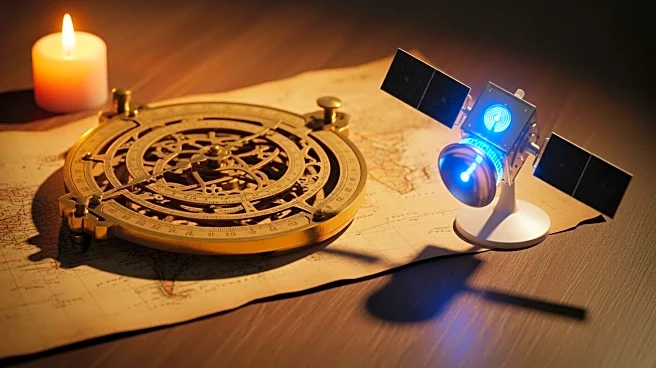Rapid Read • 7 min read
Israeli writer Etgar Keret has expressed the need for a new language to discuss the ongoing Gaza war, emphasizing the importance of storytelling during times of conflict. In a conversation with NPR, Keret highlighted the emotional refuge that art provides and shared his experiences participating in silent vigils for Palestinian children killed in the war. He noted the difficulty in communication and understanding among people in Israel, where mainstream media often lacks coverage of Gaza. Keret's reflections draw parallels to the biblical story of the Tower of Babel, suggesting that social media has created barriers to genuine interaction and understanding.
AD
Keret's call for a new language in discussing war underscores the challenges of communication and empathy in conflict situations. His insights highlight the role of art and storytelling in bridging divides and fostering understanding among individuals with differing perspectives. The lack of comprehensive media coverage can contribute to misinformation and entrenched narratives, affecting public perception and policy decisions. Keret's advocacy for improved dialogue and interaction is crucial in promoting peace and reconciliation, both within Israel and in broader geopolitical contexts. His perspective encourages a reevaluation of how media and personal interactions can shape conflict resolution.
Keret's observations about the Tower of Babel and social media suggest deeper implications for how technology influences communication and societal cohesion. The fragmentation of discourse on platforms like Facebook can exacerbate divisions, making it difficult for individuals to engage in meaningful conversations. This phenomenon raises ethical questions about the responsibility of media and technology companies in facilitating constructive dialogue. Additionally, Keret's experiences at silent vigils highlight the power of non-verbal communication and the potential for silent protest to convey complex emotions and foster empathy.
AD
More Stories You Might Enjoy












